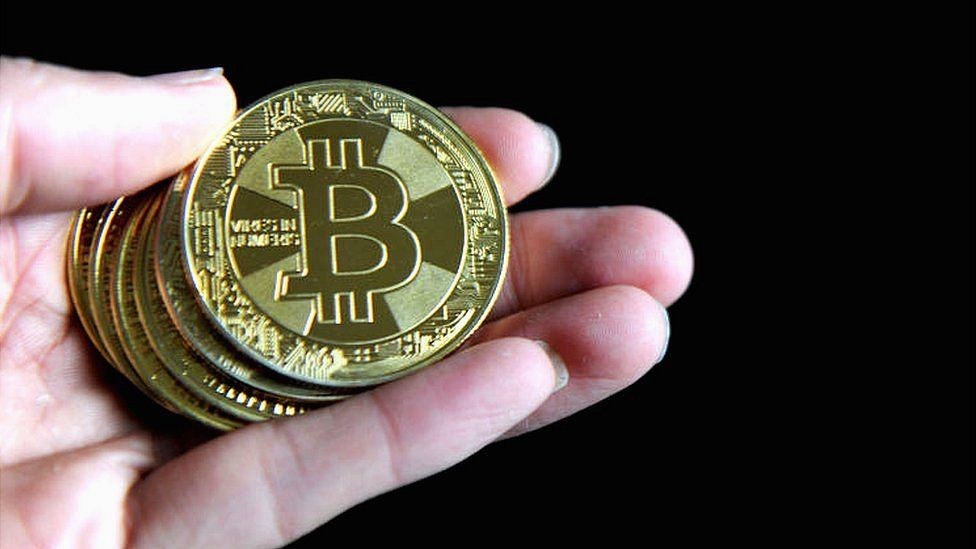Bitcoin is a peer-to-peer electronic cash system that is decentralized and has no central authority. It also has no access fees and no arbitrary limits. It is also irreversible, meaning a transaction cannot be reverted by the sender. This is in stark contrast to conventional online payment systems, banking transactions, and credit cards, where a transaction can be reversed months later. Bitcoin has also avoided the problem of centralized intermediaries, which lead to higher fees and fraud.

Bitcoin is a peer-to-peer electronic cash system
Cryptocurrency is a peer-to-peer electronic cash
Bitcoin was first launched anonymously in January 2009. Today, it is a globally traded financial asset with a daily settled volume of several billion dollars. It is most commonly regulated as a currency or a commodity and is legal to use in many countries. In June 2021, El Salvador became the first country to mandate the use of Bitcoin as legal tender.
Bitcoin operates by using peer-to-peer software and cryptography to ensure the security of each transaction. The public ledger, or blockchain, is a chain of entries held on many computers all over the world. Each entry contains information about the transaction, including the time and total value. Additionally, each block has a unique identification code. These entries are then connected in a chronological order and form a digital chain of blocks.

Cryptocurrency is a peer-to-peer electronic cash
Bitcoin is decentralized
Unlike traditional banks and other centralized institutions, Bitcoin is decentralized and accessible to anyone. Its blockchain uses hash functions to produce a unique fingerprint for each transaction. Once a transaction is verified, it is sent to join other “blocks” of previous transactions. These blocks then become immutable, meaning that they cannot be changed or manipulated.
This system has several benefits, such as maximum control of assets, lower fees, and increased speed. Decentralization also eliminates the need for a central authority or intermediary.
It is a speculative asset with no intrinsic value
Many Bitcoin enthusiasts say that this currency is a speculative asset, with no intrinsic value. Unlike gold, which has an intrinsic value as an industrial commodity, Bitcoin has no such value. Bitcoin’s intrinsic value is not affected by constrained supply, scarcity, or greater-fool demand. In addition, Bitcoin’s intrinsic value is not readily apparent. Like tulips, it has an elusive value.

It is a speculative asset with no intrinsic value
While this is true, many investors don’t realize that bitcoin is an investment that doesn’t produce cash flows. Instead, it only provides a return when its price rises. Additionally, there is no clear way to value bitcoin, which is why its price can be anything from $10 to $100,000.
It is a distributed ledger
Bitcoin is a distributed ledger, or DLT, that facilitates a wide variety of decentralized applications. Although not money, it does have value in the financial world and has become a popular way to store and exchange digital currency. It can also be used to represent a share of stock, a bond, an IOU, or a piece of real estate. As bitcoin develops, it may become the basis for decentralized credit markets and stock exchanges.
The technology has been the subject of skepticism from a number of quarters, but now it is widely accepted as an innovative means of facilitating transactions. For example, more than twenty global banks have invested in a venture to develop common standards for distributed ledgers and experiment with various applications. Meanwhile, numerous start-ups have been established around the world.








